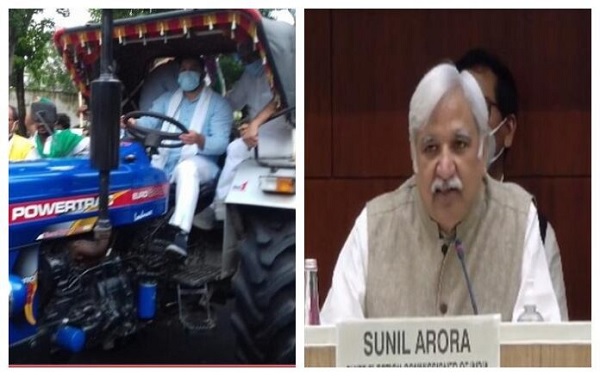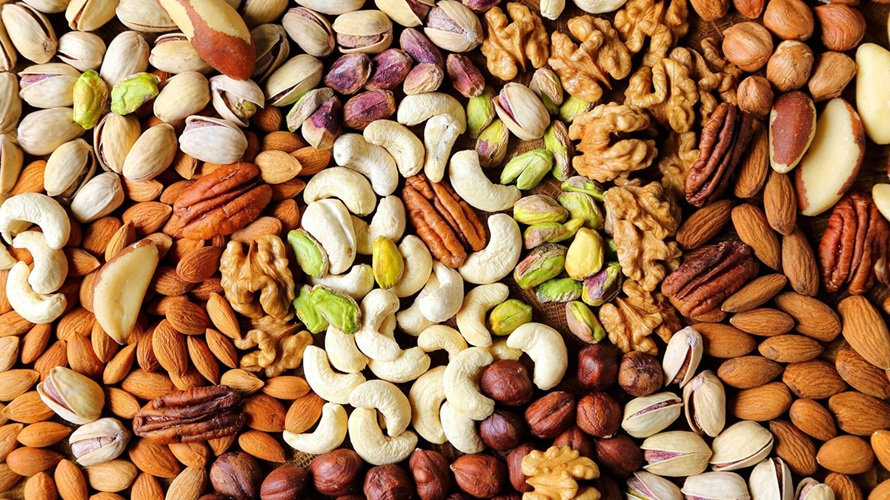
RJD leader Tejashwi Yadav joined countrywide protest against the farm bills even as Election Commissioner of India Sunil Arora announced the date of Bihar polls.
By Mumtaz Alam |New Delhi
With the Election Commission of India’s announcement on Friday about crucial dates for the Bihar Assembly elections, the formal process for the polls in the electorally-key state of the country has begun.
People will cast votes for the 243-member house in three phases – October 28, November 3 and 7 – and results will be announced on November 10. Given some polarized electoral campaigns in recent years and subsequent decline in representation of marginalized groups and their basic issues, should one hope this election will make improvement in the inclusive electoral politics of political parties?
What does inclusive electoral politics entail?
Over the years, the distinctive performance line among political parties has almost disappeared. Whichever political party comes to power in a state, and remains seated for years and decades, the basic issues of the electorate – job, shelter, water and healthcare – generally remains almost unchanged. Besides resolving these issues of the entire population, inclusive politics is also expected from the political parties in elections.
Arguably, three basic components of inclusive politics could be: fair representation of marginalized communities like Scheduled Castes, Scheduled Tribes and religious minorities like Muslims in distribution of tickets; along with issues of general public, political leaders raise the genuine issues of these communities also in election rallies; and they promise resolution in their manifestoes.
In the upcoming Assembly polls in Bihar, two main political alliances – BJP-led National Democratic Alliance and RJD-led United Progressive Alliance (regionally known as Mahagathbandhan) – will be in the fray.
Nitish Kumar of JDU, key ally of NDA, has been Chief Minister of the state for 15 years and will be fighting to retain power. 70-year-old Nitish will face challenge from 30-year-old Tejashwi Yadav of RJD which has Congress as its main ally.
In the previous Assembly polls held in 2015 for 243-member house, RJD had won 80 seats, JDU 71 seats, Congress 27 seats and BJP had won 53 seats. As the first three had fought the polls as an alliance, they formed the government and Nitish became CM. However, two years later, he parted ways with the alliance and returned to NDA and formed a new government with the inside support of BJP and has since continued.
As for inclusive politics, these four big political parties have big responsibilities to play. One can hope improvement in inclusive politics in this election.





0 Comments